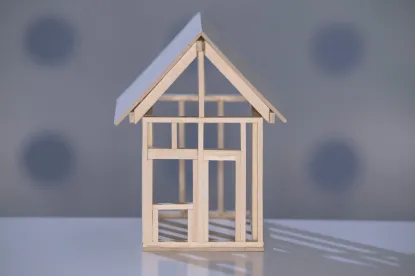On May 16, 2016, the Senior Accessible Housing Act was introduced in the U.S. House of Representatives and if the bill is ultimately passed, it could have significant benefits for the remodeling industry.
The proposed law amends the Internal Revenue Code to create a personal tax credit for senior citizens who remodel their homes to enhance their ability to remain living safely, independently, and comfortably in their residence. The tax credit would apply to up to $30,000 of the expenses that individuals who are sixty years old or older incur over their lifetime to make modifications to their residence. Some examples of home improvements that would qualify for the tax credit would include installation of ramps, widening of doorways, or the installation of handrails, grab bars, and non-slip flooring. The Secretary of Health would be responsible for determining additional home improvement items that would qualify for the credit.
The bill is co-sponsored by 19 representatives across both political parties and is currently being considered by the House Ways and Means Committee. While the bill is in the very early stages of the political process, if it were to become law, it would represent a significant marketing opportunity for those in the home improvement industry and would provide significant tax benefits for qualified individuals that wish to remain in their homes but must modify them to do so.




 />i
/>i

